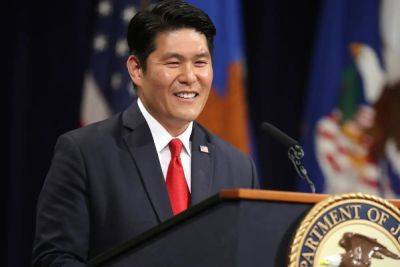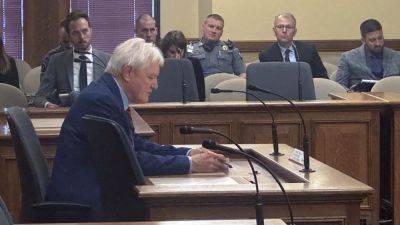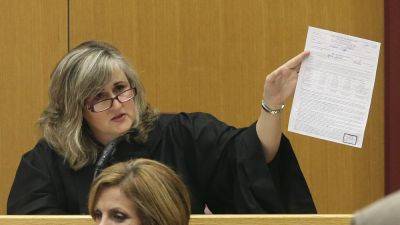Supreme Court will hear challenge to EPA's 'good neighbor' rule that limits pollution
The U.S. Supreme Court will hear arguments Wednesday in an important environmental case that centers on the obligation to be a "good neighbor."
Lawyers representing three states, companies and industry groups will ask the justices to block a federal rule that's intended to limit ozone air pollution. Experts said it's only the third time in more than 50 years that the court has scheduled arguments on an emergency application like this one.
At the heart of the dispute is the part of the Clean Air Act known as the "good neighbor" provision. It's designed to help protect people from severe health problems they face because of pollution that floats downwind from neighboring states.
"Air pollution doesn't respect state borders," said Harvard Law School professor Richard Lazarus.
The facts of the case
States like Wisconsin, New York and Connecticut can struggle to meet federal standards and reduce harmful levels of ozone because of emissions from coal plant smokestacks, cement kilns and natural gas pipelines that drift across their borders.
"One of the primary reasons that Congress passed this law in 1970 was the one place you could not trust the states to do it on their own was when there was interstate air pollution," Lazarus said.
Vickie Patton, general counsel at the Environmental Defense Fund, said these bedrock protections can save lives.
"There are children, there are older adults, people who work outside in the summer and people who are afflicted by asthma who are at very, very serious risk, and this case is just about asking those upwind polluters to do their fair share," Patton said.
Three of those upwind states — Ohio, Indiana and West Virginia — alongside companies including Kinder Morgan Inc. and U.S. Steel Corp.







